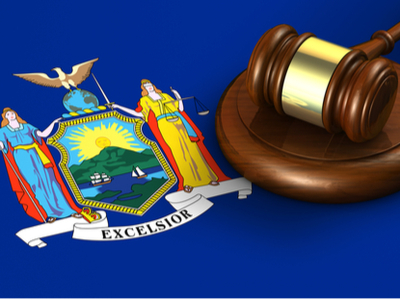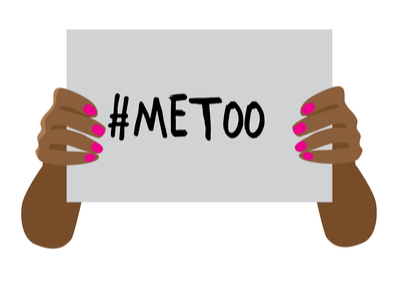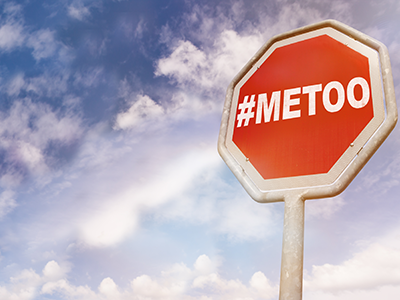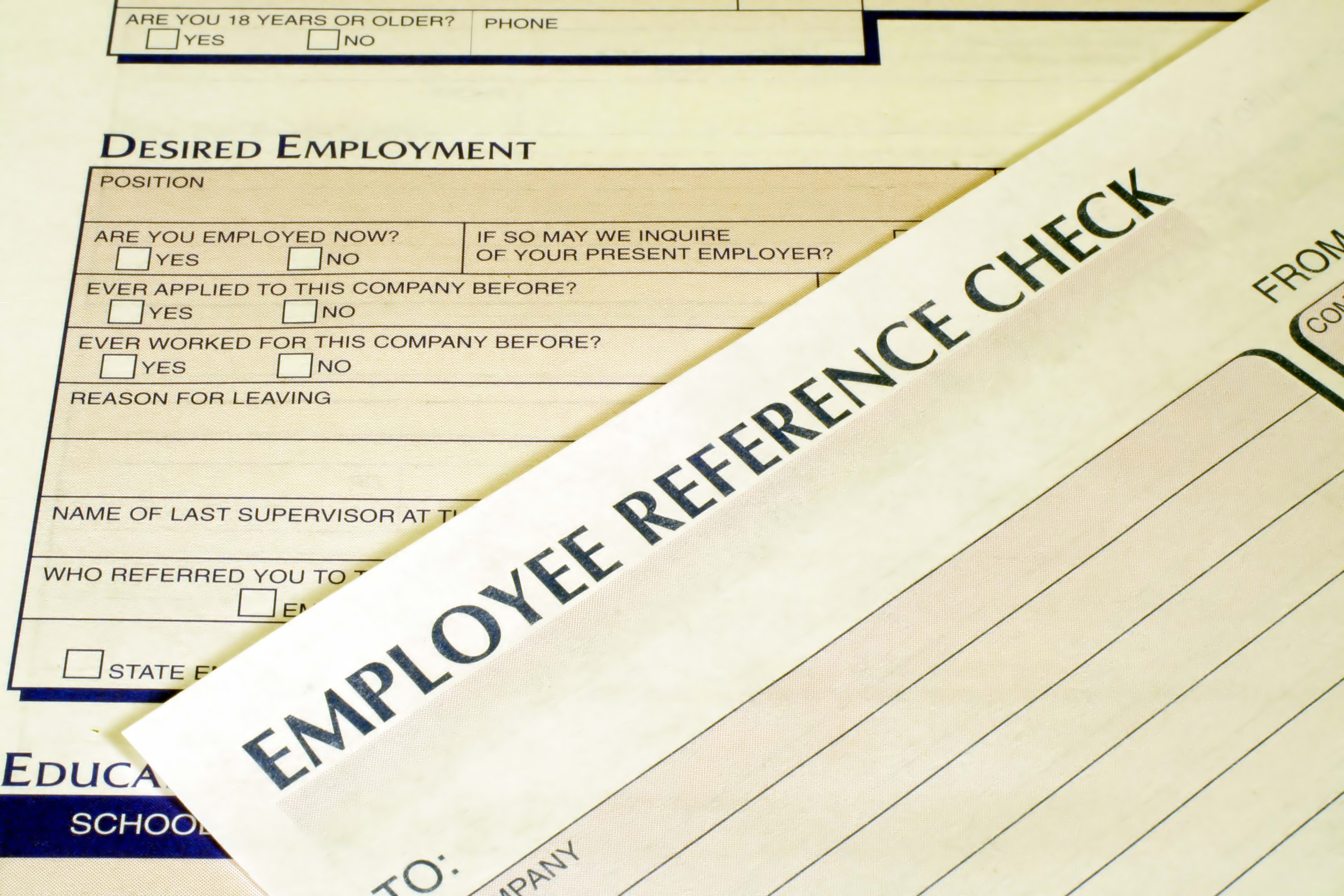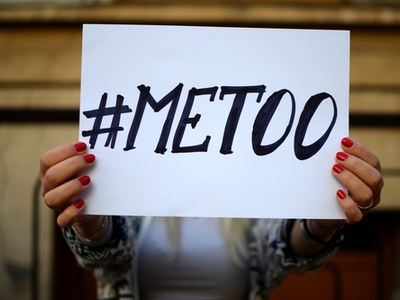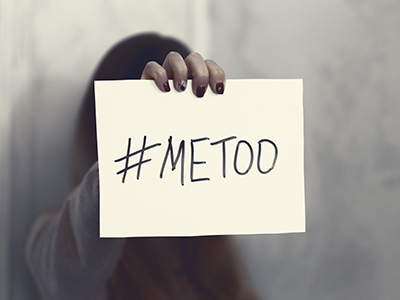As states continue to pass legislation focused on the workplace, employers should be mindful that federal agencies are also continuing to regulate the workplace even in the absence of new federal legislation, especially with respect to when disputes arise regarding compensation and working conditions. Section 7 of the National Labor Relations Act (“Act”) arguably protects an employees’, including non-union employees’, rights to engage in concerted activities, including circumstances where an employee’s profane language or sexually- or racially- offensive speech is legally protected. Following criticism from the judiciary, the National Labor Relations Board (“NLRB”) announced this month it is now seeking input on the scope and applicability of this protection. READ MORE
Say What? NLRB Seeks Guidance on Workplace Protections for Profane or Offensive Speech.



